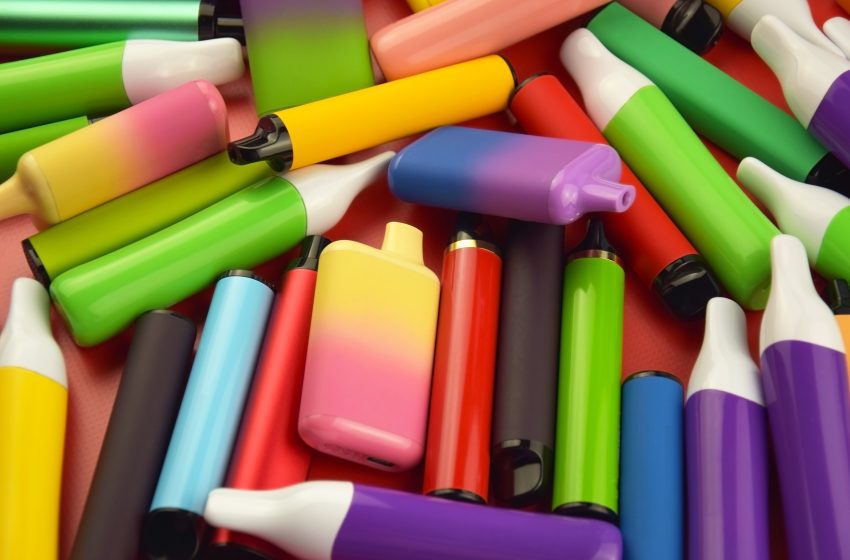A Kentucky judge has dismissed a lawsuit challenging the constitutionality of a 2024 law banning the sale of some vaping products.
In doing so, Franklin Circuit Court Judge Thomas Wingate sided with the lawsuit’s defendants — Allyson Taylor, commissioner of the Kentucky Department of Alcoholic Beverage Control, and Secretary of State Michael Adams — who filed a motion to dismiss.
Greg Troutman, a lawyer for the Kentucky Smoke-Free Association, which represents vape retailers, had argued that the law was too broad and arbitrary to pass constitutional muster because it is titled “AN ACT relating to nicotine products” but also discusses “other substances.”
The state constitution states that a law cannot relate to more than one subject. Wingate found the law doesn’t violate the state constitution, according to media reports.
The law’s title “more than furnishes a clue to its contents and provides a general idea of the bill’s contents,” stated Wingate. He wrote that the law’s “reference to ‘other substances’ is not used in a manner outside of the context of the bill but rather to logically indicate what is unauthorized.”
The lawsuit centers around House Bill 11, which passed during the 2024 legislative session and goes into effect Jan. 1. Backers of the legislation said it’s a way to curb underage vaping by limiting sales to “authorized products” or those that have “a safe harbor certification” based on their status with the U.S. Food and Drug Administration (FDA).
Opponents have said it will hurt small businesses, lead to a monopoly for big retailers and could drive youth to traditional cigarettes.
Altria, the parent company of tobacco giant Phillip Morris, lobbied for the Kentucky bill, according to Legislative Ethics Commission records. Based in Richmond, Virginia, the company is pushing similar bills in other states. Altria, which has moved aggressively into e-cigarette sales, markets multiple vaping products that have FDA approval.
“The sale of nicotine and vapor products are highly regulated in every state, and the court will not question the specific reasons for the General Assembly’s decision to regulate and limit the sale of nicotine and vapor products to only products approved by the FDA or granted a safe-harbor certification by the FDA,” Wingate wrote in a Monday opinion. “The regulation of these products directly relates to the health and safety of the Commonwealth’s citizens, the power of which is vested by the Kentucky Constitution in the General Assembly.”





















